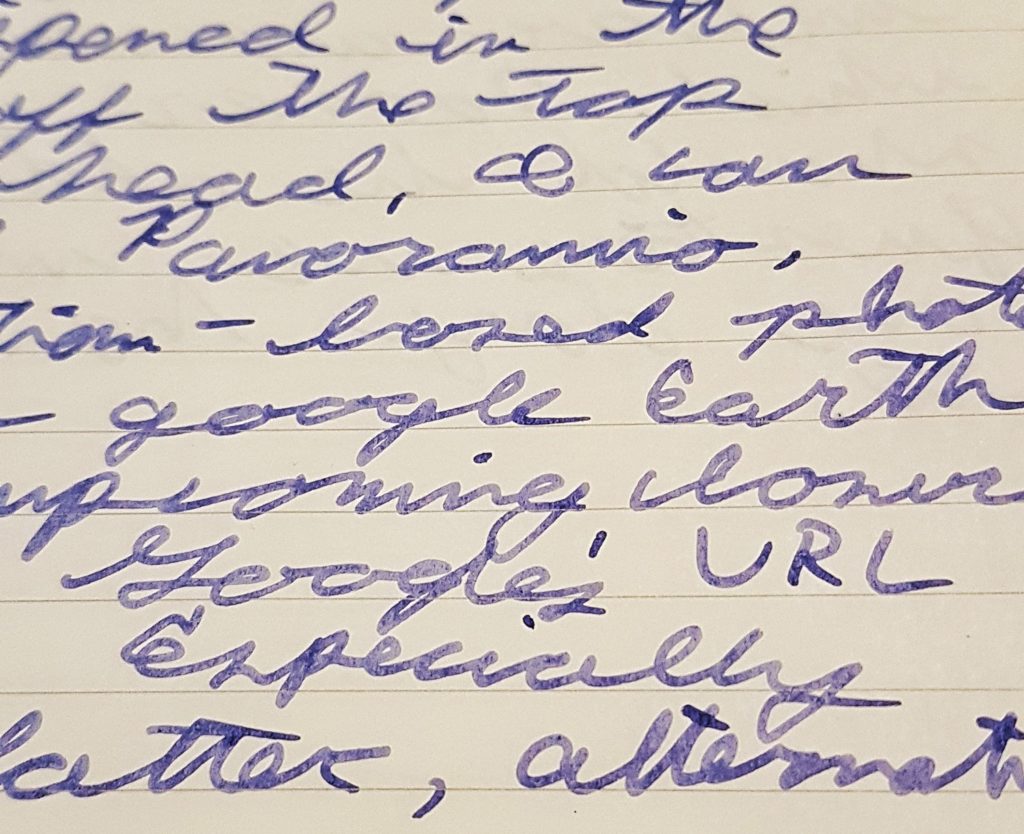There probably isn’t a single company with more influence over our lives than Google. Which got me thinking – what will happen when Google dies one day? For, as unrealistic as it seems, monopolies can still die, as evidenced by the death of IBM’s monopoly in computer technology.
It is important to note that it is not the absence of Google’s Web Search that will cause major problems – there are countless search engines on the web. A much more obviously problematic side is the sheer amount of both crucial and personal data that Google has, and files that it stores. What about all the services our daily lives are built around? What about Gmail? Even if just a single project, such as slides, or docs were to be discontinued without warning and possibility to export data in a different format – the amount of work and memories, too, that would be lost is unimaginable, and most certainly unpredictable.
Closures of some services would result in more serious impacts than others, of course. Google Maps closing would present problems, but there are capable competitors in the market, and alternatives to pretty much all the functions already exist, which often work just as well, if not better, and in the case of Google terminating maps are predestined to be combined and bundled by some tech-savvy entrepreneurs. Open Street Maps is an example of an excellent online map service – a fact that Apple recognized and led to them using the service’s data for their own Apple Maps.
I would argue that though the closure of individual services is inconvenient and can result in loss of work, etc., alternatives generally are present, and therefore it tends to not be an outright disaster. It has happened in the past – off the top of my head, I can recall the recent closure of Panoramio, the location-based photo feature on Google Earth which was shut down in 2017, and the upcoming ending of goo.gl, Google’s URL shortener, scheduled to go offline in 2019. However, especially for the latter, alternatives are plenty.
What I much rather think the real issue would (or will?) be is the interconnection of Google and all of its various services with the rest of the web. All the sites you access through and sign in on with your Google account, and the content you created while logged in on that account, what about them? All the links to documents and sites hosted by Google, Google Drive documents, photos, presentations, what about them? What about Android phones, running on a Google OS and their applications, overwhelmingly reliant on the Google Play Store and the Google Services? Chromebooks, and what Chrome itself? These are questions with unclear answers that seem unrealistic and irrelevant now, but are questions which sooner or later better be addressed, and are questions that we surely one day will have answers to, whether that will be in our lifetimes or not.
These are questions even a Google search won’t bring definitive answers for.



